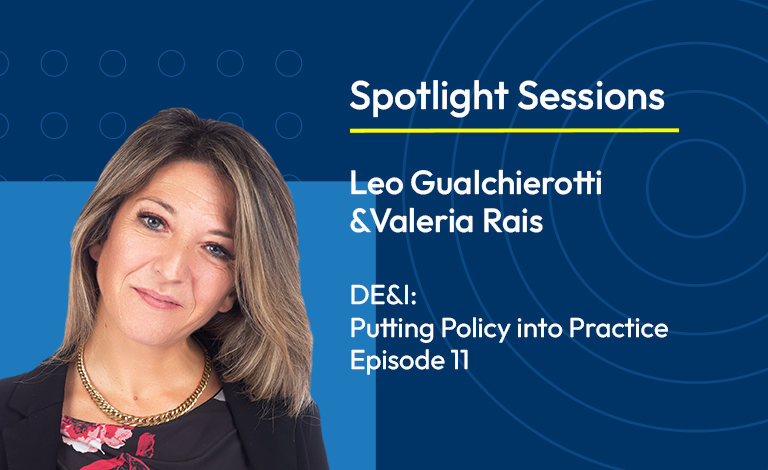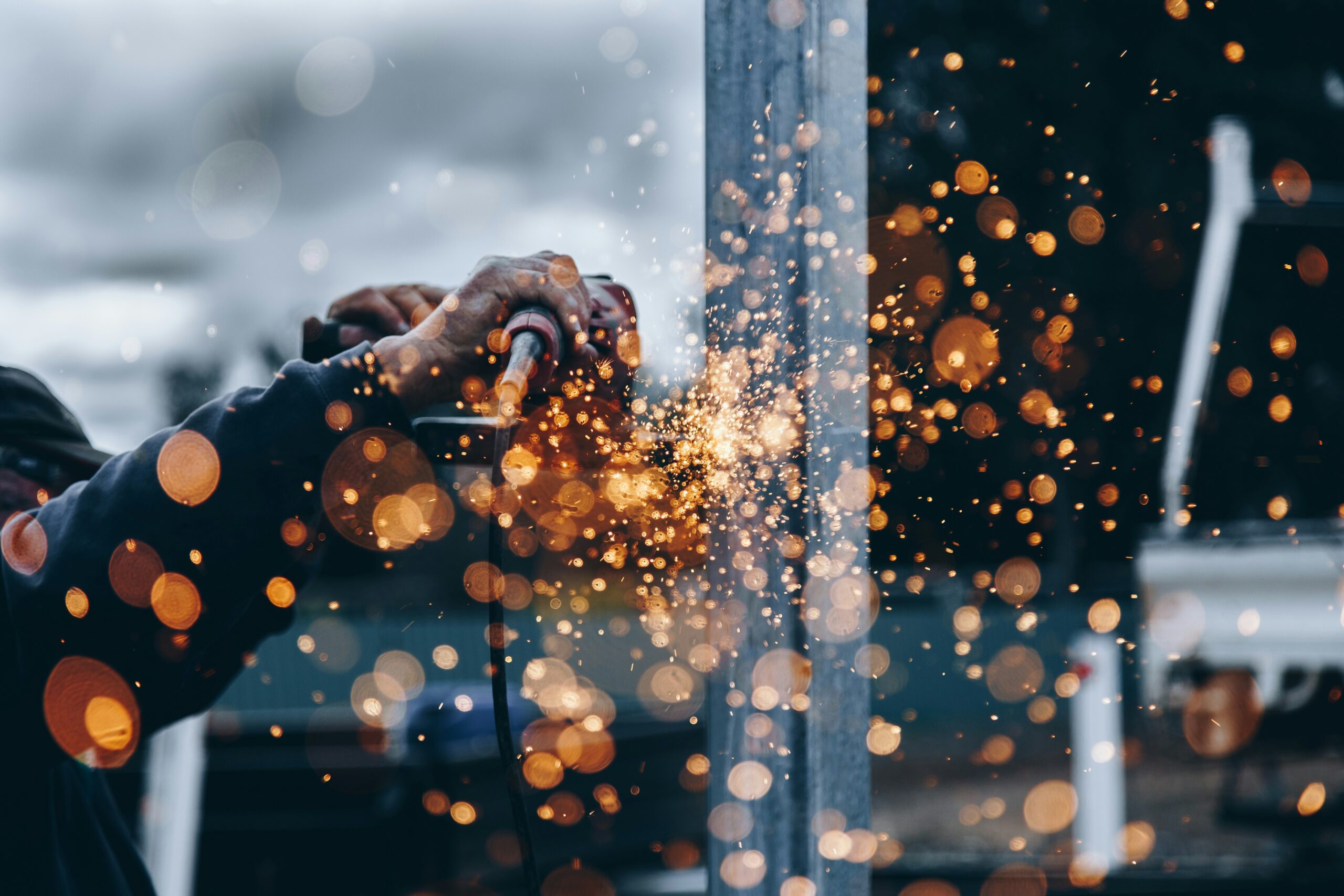It seems like everyone these days is talking about diversity and inclusion. This is largely because they should be. Diversity and inclusion is the way forward for organisations around the world. It creates an organisational culture that accepts people as human beings, offering them understanding and equality in the workplace.
But what does inclusion and diversity actually mean? In season 3 of our podcast, we’re looking at “Focus on Inclusion”. In episodes 3 and 4, Sam Latif speaks to D&I experts Sari Brody and Amri Johnson about, among other topics, what diversity and inclusion really means for organisations.
Sari has been in the Diversity, Equality and Inclusion space for more than 25 years and works as an executive coach. The way she explains D&I is that it’s about being aware of unconscious bias so that you can truly understand people on an individual basis and let them be who they really are in the workplace.
Freedom from unconscious bias can lead to a more inclusive organisation
When you free yourself of unconscious bias, you let yourself get to know people for who they are and not what you think they are. Those people, in turn, feel understood and supported to be themselves in the workplace. This can drive engagement and loyalty among team members.
She goes on to talk about how inclusion can contribute different perspectives and points of view to an organisation.
“I also think that as a woman, and a woman of colour, my experiences are different from you, as a man, so wouldn’t you want me to come to your team and contribute? Because I have experienced things differently. And I can bring those different points of views.”
Organisational design, cultural intelligence, and social capital are vital in driving D&I and growing organisations
Amri is currently the CEO of Inclusion Wins and has had a successful 20-year career in both life sciences and D&I. He speaks about the importance of organisational design, cultural intelligence, and social capital in driving forward D&I in organisations.
For Amri, he believes it’s more important to create teachable moments and create dialogue than “cancel” people for moments when they didn’t think deeply enough.
“I start with generative questions, I finish with generative questions, and then I move into questions about what actions can we take… not just now, but constantly re-inventing and thinking and deconstructing and reconstructing, so that we can continuously grow like we do any other part of our business, because that’s the nature of business, it’s always trying to generate what’s going to allow it to be just a little bit better.”
He goes on to make an analogy of Liebig’s Law of the Minimum, where he talks about how the German botanist Justus von Liebig discovered that, in a plant system, the nutrient that has the lowest quantity determines the growth of the plant. Amri believes that organisations are the same. They grow at a pace determined by the person with the least quantity.
Much like a plant, if you want an organisation to grow, you have to feed it and nurture it. You have to ensure that the person with the least quantity is growing so that the business as a whole can grow.
Diversity and inclusion in life science organisations
In the podcast, Amri talks about how diversity and inclusion comes from both the top-down and the bottom-up. It stems from the leadership of an organisation and also from listening to communities at the bottom.
He believes that life science organisations are much like organisations in any industry when it comes to diversity and inclusion. It needs to be culturally ingrained in the organisation at all levels.
“For smaller biotechs and therapeutics companies emerging, I see them really stepping up to the plate to try to build this into who they are culturally, early on. So companies with 30-50 people are already thinking about D&I and their internal people are trying it…
“… So, rather than having to come back and retrofit it into culture, they’re saying, ‘This is our culture and this isn’t an option to play in our game, these are things that you have to do, these are our values, and this is what we’re going to carry forward, and we’re going to continue to evolve that and deepen that, and educate for that, and reward for that… and do all the things that you need to do to create sustainability around it.”
If you’re serious about change, speak to us about our leadership and coaching service. This program will help you successfully transform internal culture, allowing your leaders and their teams to be their best selves and achieve peak performance.
For more insights from the Morgan Latif team, follow us on LinkedIn and subscribe to our podcast on Apple Podcasts or Spotify.



